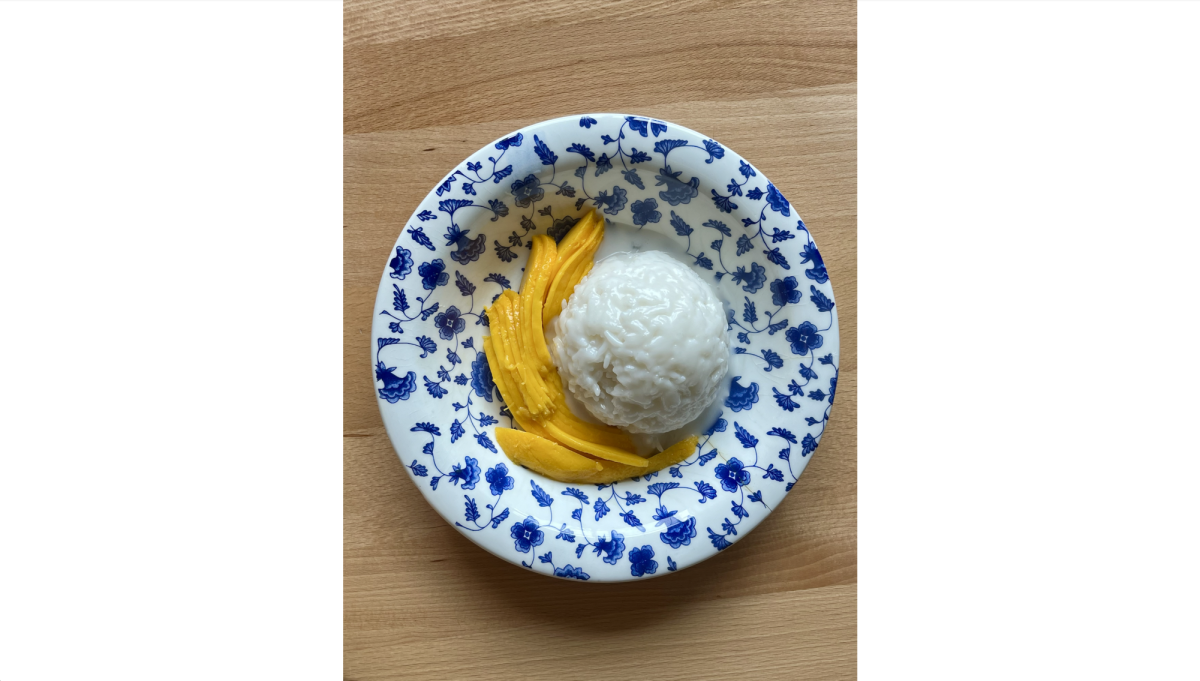Snow Days in College:
Unexpected “Sunshine” During The Glooms of Seasonal Affective Disorder
Many of us who are already neurodivergent understand the intensified feelings of doom and gloom that the winter season hold. And, many folks who don’t identify as neurodivergent or as having mental illnesses also find themselves a little bummed out during Seattle’s rainy months.
It makes sense. While my love for rain is partly what drove me to Seattle from my too-sunny corner of Midwest, the perpetual cloudiness and damp cold that chills my bones started to lose the poetic qualities and savory moodiness that I used to eat up as a depressed, obsessive-compulsive novelist. Getting up in the morning is actually more difficult, going to class in the morning is a groggy shiver-fest, and light drizzle will turn without notice into a downpour on your walk back from the grocery store. It will rip open your paper bags full of the top ramen and frozen pizza you’ve been living off of for a month, and it will rip open your cold dead heart.
But given this last week’s series of snow days–totaling three for some of us, as many staff, faculty, and students had to take Tuesday off due to weather conditions–I’ve noticed a change in overall mood, both in myself and in people I’ve talked to.
Snow days have unique qualities that no other sanctioned breaks seem to have for people involved in university life (of course, it is important to note that this applies mainly to the people who can afford to take snow days): they possess some element of surprise, effect everybody, and serve as a unifying factor through the short timeline of the snow storm.
Here are things I’ve noticed both in my own reactions to being “snowed in” and other people I know:
- Seattlelites are both gleeful and terrified of the snow. We empty grocery store shelves, preparing for a Snowpocolyse and bring rush hour half an hour early as everyone tries to get home before the storm starts. At the same time, people simultaneously have the thrill of their lives sledding down closed streets and that sketchy hill by the Lemieux Library. Snow in Seattle, even if you’re on team terrified or team thrill or on both, brings a certain kind of irresistible energy to campus.
- People are coming together, shoveling streets, building snowpeople, helping each other get back up when they slip on the ice. Yesterday, my wheelchair got stuck at the bottom of a cut-out and a beautiful person all the way across the street ran over to help me get out of the rut. Snow is a very sociable event here; we all have something about that everyone is experiencing.
- Folks actually have a chance to take care of themselves. Sleep in, bake cookies, play with your kids, take your dog out for a romp in the snow, whatever. The element of surprise aspect is a big part of this, I think. Unlike President’s Day weekend or even winter break, snow days leave stressed college students, professors, and staff little time to pull out their Passion Planners and plan out how productive they will be to the hour. Everything is cancelled, everyone is thrown off guard, and productivity culture is rattled (I don’t know about you, reader, but the constant need to be productive is a big part of my depression and SAD).
- Snow offers a beautiful change in environment. This may be a more unofficial point–I have no evidence that variable weather or a new scene outside the apartment window gives a mood-boost. But for me, changes in weather patterns remind me on a deeper psychological level that things change and that something new is always around the corner. Going off of how monotonous rain results in the same SAD symptoms that the Midwestern sun does for me, I believe that environmental shifts–or at least moments of environmental nuance–can help us get out of ruts of ambivalence.
The editor may be reached at
[email protected]












